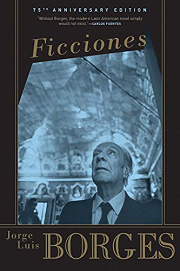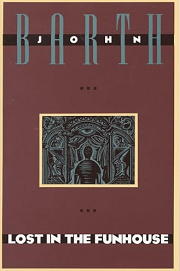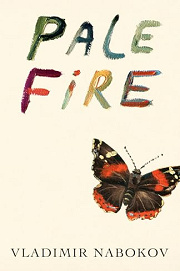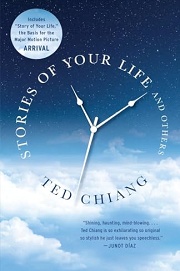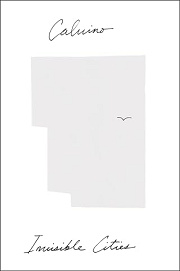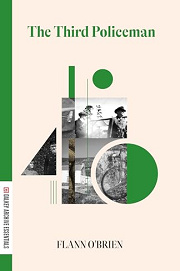Share your thoughts in a quick Shelf Talk!
Ficciones by Jorge Luis Borges
A library with no end. A map that remakes the territory. A man who becomes the story he pursues. Ficciones is Borges at his most dazzling—mind-bending parables and paradoxes that fold reality into literature and invite you to get wonderfully, deliberately lost.
Have you read this book? Share what you liked (or didn’t), and we’ll use your answers to recommend your next favorite read!
Love Ficciones but not sure what to read next?
These picks are popular with readers who enjoyed this book. Complete a quick Shelf Talk to get recommendations made just for you! Warning: possible spoilers for Ficciones below.
In Ficciones, did you enjoy ...
... self-referential puzzles and stories that talk about their own making?
Lost in the Funhouse by John Barth
If you loved how Ficciones folds fiction back onto itself—think of “Pierre Menard, Author of the Quixote” treating authorship as an impossible game—you’ll relish Barth’s playful labyrinths. Pieces like “Frame-Tale” literally loop the page, and “Life-Story” has a narrator realizing he’s a character mid-sentence. It scratches the same itch as Borges’s mirrors and libraries: stories that know they are stories, and make that knowledge the adventure.
... nested texts and obsessive commentary that reshapes the story beneath your feet?
Pale Fire by Vladimir Nabokov
Borges’s “The Garden of Forking Paths” and “The Theme of the Traitor and the Hero” turn documents into trapdoors; Pale Fire does this with ferocious elegance. You read a 999-line poem by John Shade—then Charles Kinbote’s footnotes hijack it, weaving a kingdom called Zembla and a fugitive king into the margins until the gloss eclipses the text. Like “Tlön, Uqbar, Orbis Tertius,” the annotation becomes the world.
... mind-bending thought experiments about language, time, and reality?
Stories of Your Life and Others by Ted Chiang
If “The Library of Babel” and “Tlön, Uqbar, Orbis Tertius” thrilled you with ideas that tilt reality, Chiang delivers that same crystalline rigor with heart. “Story of Your Life” explores language and causality until time itself reconfigures; “Tower of Babylon” treats cosmology with the literalness of a parable; “Seventy-Two Letters” fuses naming with creation. It’s the intellectual dazzle of Borges, anchored to human stakes.
... precise, jewel-like vignettes that assemble a conceptual labyrinth?
Invisible Cities by Italo Calvino
Like the concise architectures of “The Circular Ruins” or “The Lottery in Babylon,” Invisible Cities builds a whole cosmos out of brief, faceted pieces. Marco Polo describes cities to Kublai Khan—cities of memory, desire, death—each a miniature that refracts the last until the pattern itself becomes the story. It’s the pleasure of Borges’s short forms: density, symmetry, and inexhaustible rereadability.
... narrators whose explanations are more trap than guide?
The Third Policeman by Flann O'Brien
If the sly misdirections of “Death and the Compass” or the ontological feints of “Tlön, Uqbar, Orbis Tertius” delighted you, O’Brien’s nameless narrator will be catnip. After a murder, he wanders a countryside where policemen debate atomic bicycle theory, and footnotes expound the crackpot philosopher de Selby—until the final revelation snaps everything into a chilling new order. It’s that Borgesian thrill when the map erases the territory.
Unlock your personalized book recommendations! Just take a quick Shelf Talk for Ficciones by Jorge Luis Borges. It’s only a few questions and takes less than a minute.
